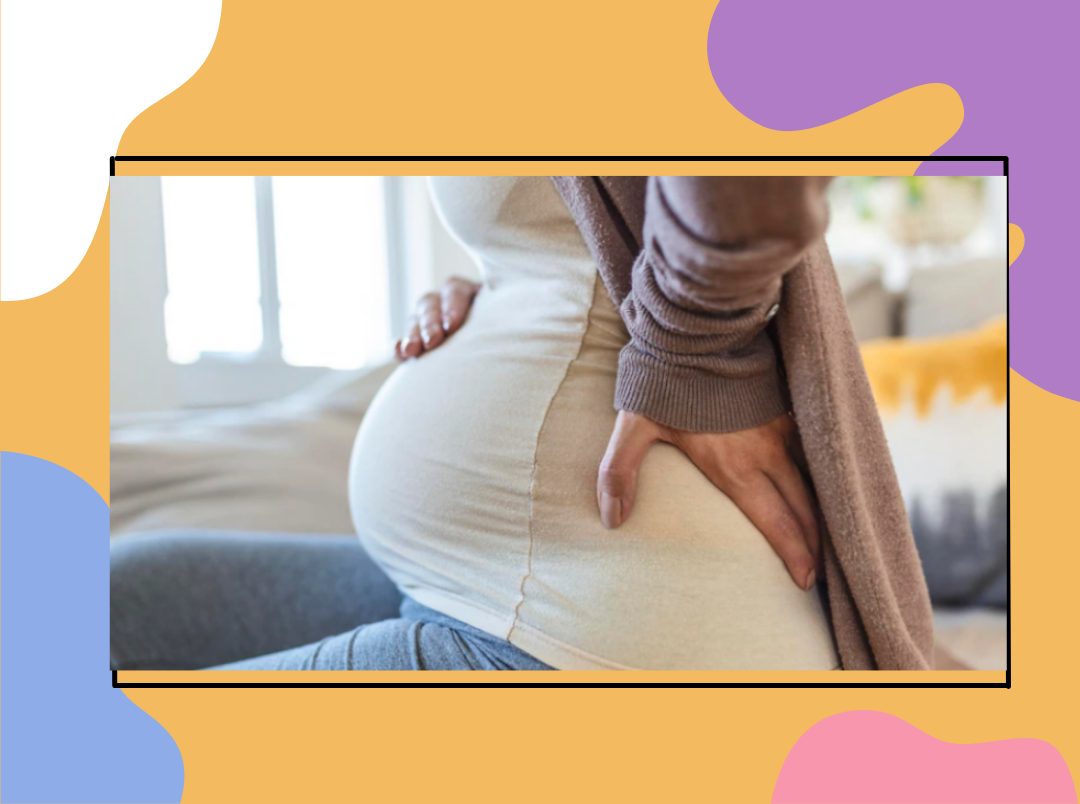Did you know that about 11-38% of pregnant women experience gastrointestinal issues such as constipation? In fact, most pregnant women complain that constipation becomes more than simply a nuisance, and the heaviness and bloating, paired with the expanding belly can cause excruciating pain and discomfort.
While you can always rely on stool-softening medicines as advised by your doctor, you can also consider trying some home remedies to get relief from constipation. Making a few dietary switches and including more nutrient-rich foods can also help prevent this condition.
What Causes Constipation During Pregnancy?
During pregnancy, the body produces an excess of progesterone hormone that slows down the functioning of the gastrointestinal system, resulting in constipation. This condition tends to start during early pregnancy and may get worse during the second and third trimesters.
The pressure exerted by the growing womb intensifies this problem and leads to severe discomfort. Additionally, consumption of iron supplements, a low-fibre diet, dehydration, lack of exercise, worry, and anxiety might contribute to or cause constipation.
11 Home Remedies To Treat Constipation During Pregnancy
Water
On dehydration, your body extracts water from the intestines, thereby causing constipation. Drinking plenty of water will soften the stools, and enable easy bowel movements. In fact, hydrating yourself with water is one of the best ways to treat and prevent this condition, so make sure to have small sips of water throughout the day.
How to include: You may drink around 8-10 glasses of water per day to get the required amounts of fluids.
Citrus Fruits: Lemon And Oranges
The citric acid in lemon juice supports digestion and helps induce bowel contractions and eases stool passage. Since hot beverages can help relieve constipation, adding lemon to hot water can be more effective. Oranges, on the other hand, are rich in Vitamin C and fibre and help relieve constipation and support good health.
How to include:
- Lemon: Squeeze the juice of half a lemon in a glass of warm water. Add honey to enhance the taste, and consume the lemon water twice a day.
- Oranges: Eat one or two oranges every day.
Flaxseeds
Flaxseeds are an excellent source of omega-3 fatty acids which help retain body fluids. They are full of fibre and mucilage as well, and aid in the easy passage of stools.
How to include: Take half a tablespoon of ground flaxseeds and add it to your salad bowl, or any other dish such as dal, tofu/chicken curry. Gradually increase the intake to two tablespoons.
Ispaghula Husks (Psyllium)
Like flaxseeds, ispaghula husks are a rich source of dietary fibre and mucilage, that absorb fluids and add bulk to the stools, thereby softening them and relieving constipation.
How to include: Ispaghula husks are readily available everywhere in sachets. Mix the contents of one sachet in a glass of warm water and consume immediately. Drink this blend twice a day.
Fibrous Foods
Fibre-enriched foods can help add bulk to the digestive system and aid in smooth bowel movements. They are also rich in essential vitamins, minerals, and antioxidants which support a healthy pregnancy.
How to include: Include high fibre foods such as legumes, dried fruits (apricots, figs, dates, raisins), beans, nuts, seeds (hemp seeds and chia seeds), whole grains (quinoa, oatmeal), fruits (avocados, pears, berries), and cooked veggies.
Yogurt
Yogurt is a good source of probiotics that help with digestion by altering the microorganisms in your gut and increasing bowel movements.
How to include: Consume a cup of plain/greek yogurt every day.
Healthy Fats
Consuming healthy fats can also support your digestive system and relieve constipation. They also improve your heart health and help maintain a healthy cholesterol level.
How to include: You may include foods rich in healthy fats like avocado and nuts in your everyday diet.
Apple Cider Vinegar
Apple cider vinegar contains acetic acid and pectin which aid in digestion. It also serves as a fibrous supplement that helps soften the stools, thus enabling easy bowel movements.
How to include: Put a tablespoon of apple cider vinegar in a glass of warm water and add a little bit of honey to it. Mix the solution well and consume it every morning and night to see improvement.
Massage
Abdominal massage can help relieve constipation by relaxing the muscles, removing discomfort, and stimulating bowel movements. A massage done while sitting or lying down for 15 minutes can give you complete relaxation.
How to include: Use a natural pain relief oil to massage your abdomen using the flat part of your finger in a clockwise motion. Start with the right side, then under your ribcage, and then move on to the left side. Always ensure to massage in a clockwise direction as that’s the direction of your bowel flow.
Acupressure
Acupressure can stimulate specific points in the body and activate the organs associated with that point. Applying pressure to the perineum can be beneficial in treating constipation.
How to include: Gently press the perineum point (located in the middle of the abdomen) and gradually increase the pressure. Repeat this as many times as you can during the day. However, you should not practice this during the later stages of pregnancy.
Reflexology
Reflexology is the application of pressure on the reflex points to stimulate the affected organ. It helps relax the body and eases the feeling of lethargy due to constipation.
How to include:
Ask your partner to massage the upper soles of your feet to ease digestion. You may also ask them to massage the edges of your palm for relaxation.
Constipation can be an unpleasant condition to deal with during pregnancy. Start using the home remedies described above from the early stages of your pregnancy to aid in digestion and smooth bowel movements. Apart from eating healthy and drinking enough water, make sure to do some light exercises and stretches to prevent constipation. If the condition becomes too painful, consult your doctor to know about alternative healing methods.




